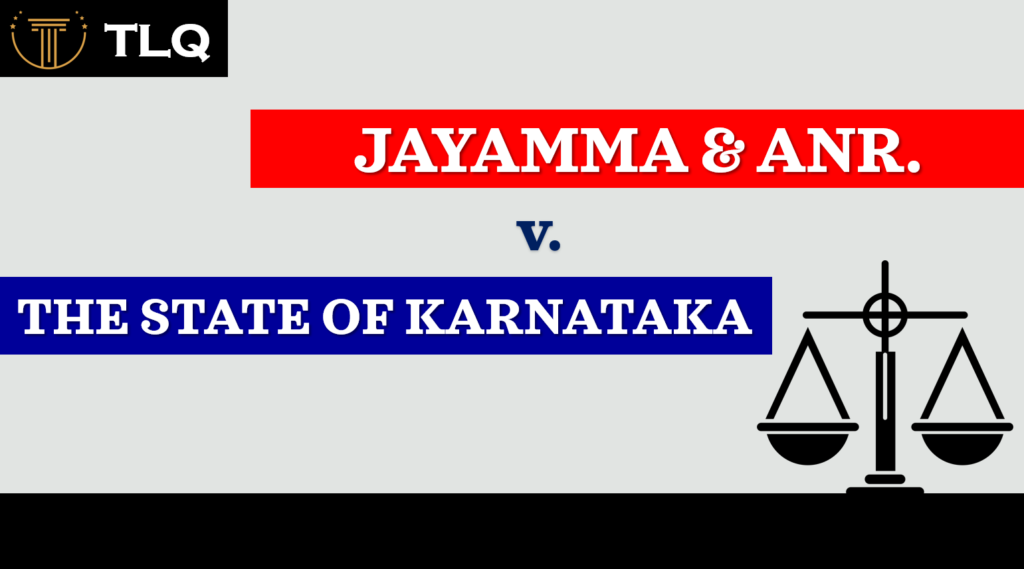Published on 04th September 2025
Authored By: Uma Muthukaveri N
Government Law College Ramanathapuram
Court: The High Court Of Bombay
Bench: Bharati Dangre
Date of judgement: 18th July, 2023
Relevant statutes/ Key provisions: Indian Penal Code, POCSO Act, Constitution of India.
Brief facts
The minor girl was having a relationship with twenty- five -year -old man for almost one and a half year to 2 years. And having the physical intimacy with him. At that time her age was 1ofyears and 5-6 months. Their relationship was not accepted by her family members. Because his financial conditions were low. And his family was working under her father. On January 30 2016,her family members were left her with the appellant and they were going to attend her grandmother’s funeral. That time she was going with the accused person with willingly. The next day February 1 2016, her brother was searching for his sister and he filed a FIR under section 363 (kidnapping) of IPC. That time she was writing two letters to the nearby police station. One is written in Hindi and the another one is written in English. In that letter she mentioned that her father did not accepted their relationship and she also mentioned that she and the accused person in this case were already married by Islamic law and the medical examination revealed that she was pregnant by the accused person but that was terminated by her father. But they didn’t give any proof of their marriage. So her family was alleged her husband for kidnapping their daughter.
Issues
- Whether the consensual sexual relationship between a 17- year old girl and a 25- year old man constitutes rape under section 376 of IPC.
- Whether the provisions of POCSO Act should apply to consensual sexual relationships involving adolescents just below the age of majority ?
- Whether the rigid application of the age of consent (18-years) under the POCSO Act criminalizes normal adolescent romantic relationships ?
- Whether the trail court erred in convicting the appellant despite finding the relationship to be consensual ?
Parties and Charges
The minor girl was 17 years 5-6 months old. And the Ashik was 25- year old man. The appellant was prosecuted under multiple charges; kidnapping (IPC 363), rape (IPC 376), abetment (IPC 109), and sexual offences under POCSO Act, 2012, specifically sections, 4,6,&17 for having intercourse with the minor girl.
Arguments
Prosecution Arguments:
Sexual intercourse with a minor below 18 years constitutes statutory rape regardless of consent. POCSO Act aims to protect children from sexual offences and makes consent of minors immaterial. Age of consent is fixed at 18 years by law.
Defense Arguments:
The relationship was entirely consensual and based on love. Prosecutrix voluntarily accompanied appellant and never alleged force. She had written letters to police claiming lawful marriage (Nikah). Aa per Islamic law, a girl who attains puberty can marry. The relationship should not be criminalized as both parties were willing participants.
Judgement
The court ruled that appellant to be released from his allegations. Because the sexual relations did occur between the accused and Prosecutrix, the evidence suggests it was consensual. The Prosecutrix willingly accompanied the accused, stayed with him for an extended period, and did not attempt to contact her family or escape. The Prosecutrix’s statements indicate she considered herself married to the accused as per Islamic law. Though the Prosecutrix was a minor, here consent and willingness to be in the relationship cannot be disregarded entirely. The court emphasized that while the technical requirements of POCSO Act were not due to the Prosecutrix minor status of the case warranted setting aside the conviction of accused person.
Conclusion
The honorable Bombay High Court ruled that the accused person was released from his allegations. Because the intercourse was done by their out of love there is no forcing. And the minor girl was willing to accompanied with him. And there is no evidence for kidnapping. So the learned judge was setting aside the conviction of the accused person.




